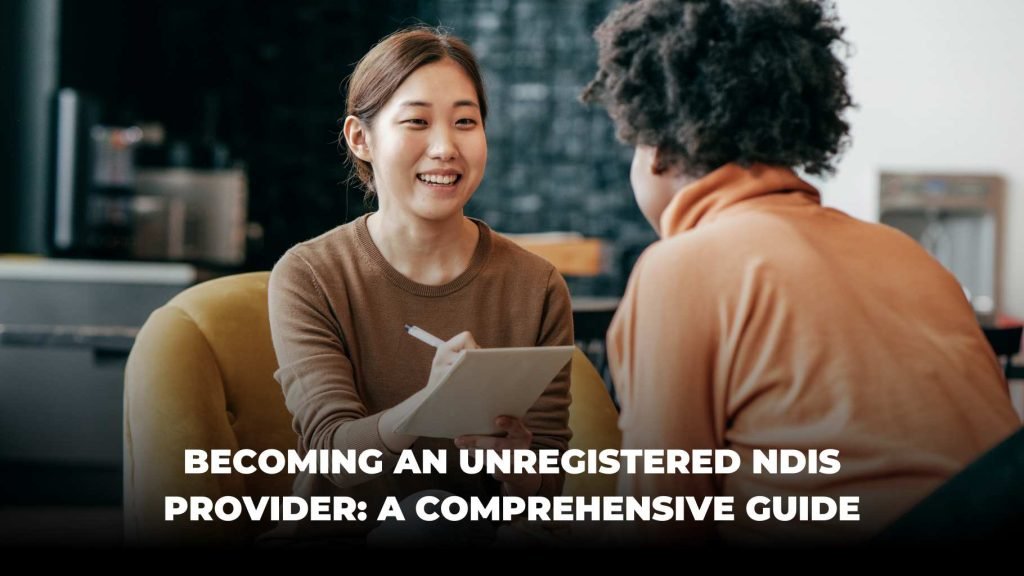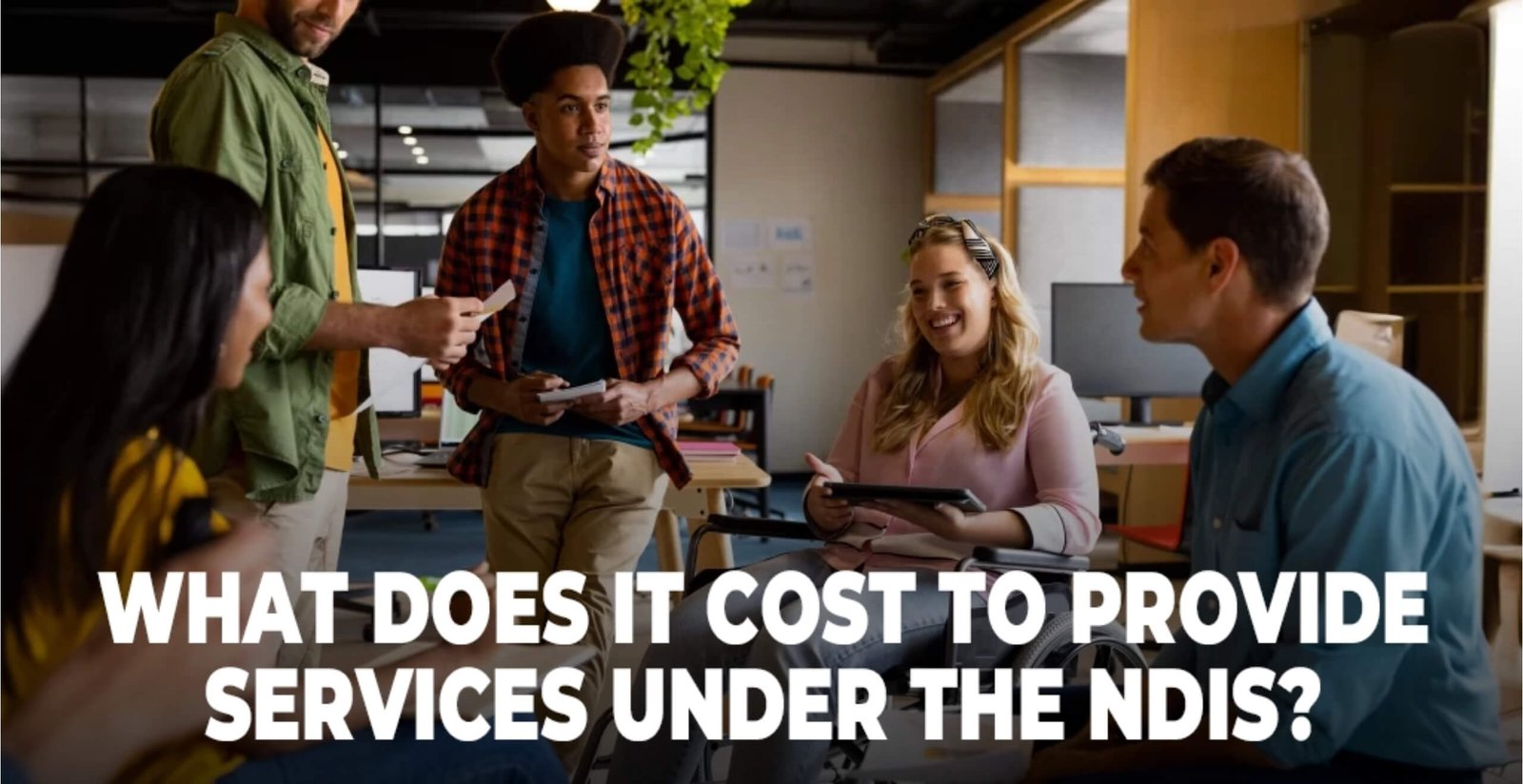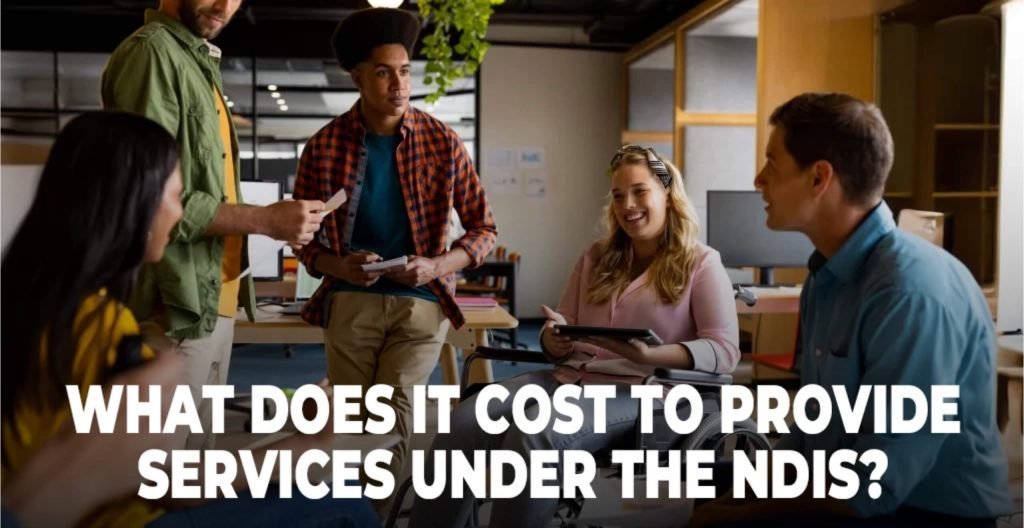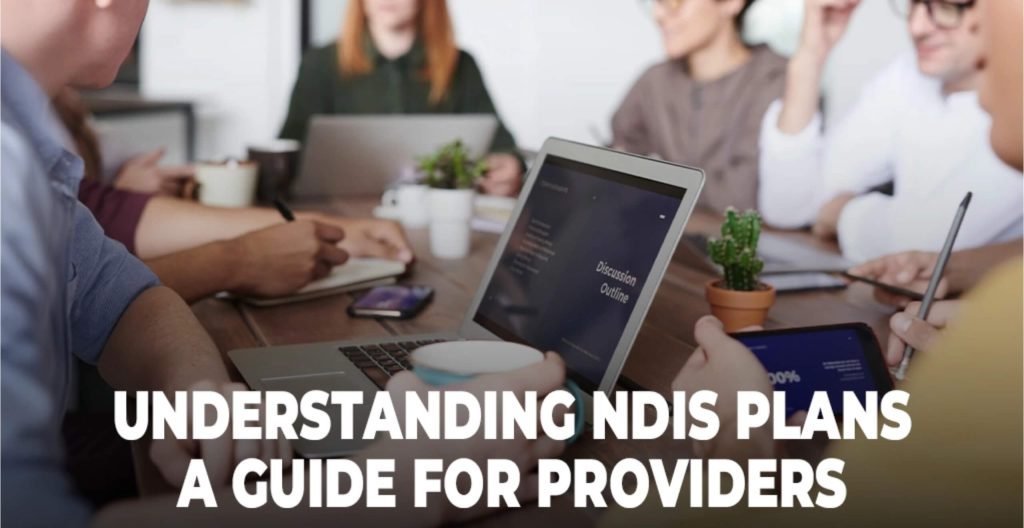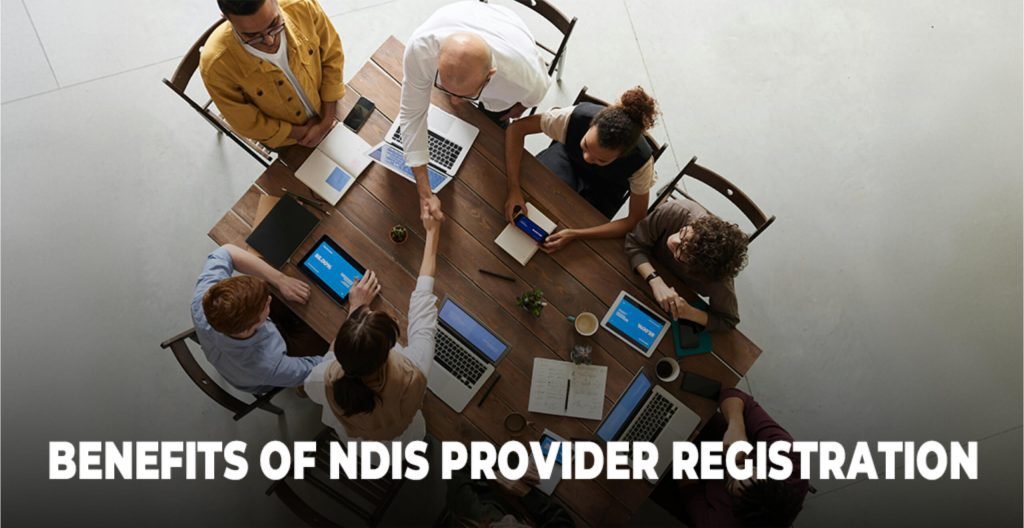Registering as an NDIS provider comes with a variety of benefits, but it also involves considerable costs, paperwork, and audits. While many businesses choose to go through the NDIS provider registration process, it’s not the only option available. Becoming an unregistered NDIS provider can be a faster and simpler route, especially for those looking to avoid the complexities associated with NDIS provider registration.
This guide will cover the steps involved in becoming an unregistered NDIS provider, the responsibilities and challenges you’ll face, and the benefits of operating without full registration.
Why Choose to Become an Unregistered NDIS Provider?
While becoming a registered NDIS provider can build trust and increase your client base through official NDIS channels, the registration process can be time-consuming, costly, and filled with bureaucracy. For many, the NDIS provider registration checklist can be overwhelming, requiring compliance with numerous regulations and a significant upfront investment.
Here are some reasons why businesses might choose to operate with an unregistered route:
- Simplified Start-Up: As an unregistered NDIS provider, you can start your business faster without the need to pay for NDIS audits, worker screening, or licencing fees.
- Flexibility in Pricing: Registered providers are bound by the NDIS price guide, but unregistered providers can set their rates, giving them the flexibility to charge based on the market.
- Less Bureaucracy: Unregistered providers can avoid the red tape involved in registration and audits, which cuts down on paperwork and allows them to focus on providing services.
However, there are downsides. You may find it more challenging to attract clients as an unregistered provider since you won’t appear on the official NDIS provider register. Additionally, unregistered providers will need to invest more in NDIS marketing strategies to build trust and attract new clients.
Responsibilities of an Unregistered NDIS Provider
Being unregistered doesn’t mean you can operate freely without oversight. Unregistered NDIS providers must still adhere to several important regulations, including the NDIS Code of Conduct and procedures for handling complaints.
Key responsibilities include:
- Complying with the NDIS Code of Conduct: All providers, whether registered or unregistered, must ensure their services align with this code. It outlines ethical behaviour, respect for client rights, and safe service delivery.
- Complaint Handling: You are required to have a system in place for addressing complaints, ensuring that issues are resolved promptly and professionally.
- Issuing NDIS-Compatible Invoices: Your clients will still need to claim funding for the services they receive, so you must issue proper invoices with the required details for the NDIS.
Additionally, while NDIS worker screening is not mandatory for unregistered providers, having a process in place for vetting your staff is critical to ensuring quality care. The absence of a structured NDIS audit checklist doesn’t exempt you from maintaining high standards in service delivery.
Steps to Become an Unregistered NDIS Provider
1. Develop a Business Plan
The first step towards how to become an unregistered NDIS provider is creating a robust business plan. This will help guide your business operations and ensure you are financially sustainable.
Your business plan should cover:
- Services Offered: Define the types of services you will provide, such as personal care, community participation, or therapeutic support.
- Pricing: Determine how much you’ll charge for your services, taking into account your competitors and market demand.
- Target Market: Identify who your ideal clients are and how you will reach them.
- Operational Structure: Outline whether you will need staff, and if so, how you will recruit, vet, and manage them. Include the NDIS provider qualifications your staff will need.
- Financial Projections: Make sure to include costs such as business insurance, staff salaries, recruitment expenses, marketing, and overheads like premises or software.
2. Handle Administrative Essentials
Once your business plan is ready, you’ll need to take care of some administrative tasks:
- Apply for an ABN: Your Australian Business Number (ABN) is essential for legal operation. You can apply online, and it’s typically issued immediately.
- Insurance: Take out appropriate business insurance that covers liabilities specific to disability support services.
- Set Up Service Agreements: You’ll need to draft service agreements and create easy-to-read versions so that your clients can clearly understand the terms.
- Invoicing Templates: Develop an invoice template that aligns with NDIS requirements, including details such as service descriptions, hours worked, and costs.
- Accounting and Communication Systems: Decide whether you’ll use accounting software or an accountant, and establish communication protocols for both staff and clients.
Many of these steps overlap with those found on the NDIS provider registration checklist, but as an unregistered provider, you have more flexibility and less paperwork to manage.
3. Market Your Services
Since you won’t be on the official NDIS provider list, effective marketing is crucial for attracting clients. Here are some strategies to consider:
- Build a Website: A professional website is essential for showcasing your services, qualifications, and client testimonials. Keywords like “NDIS provider,” “becoming an NDIS provider,” and “NDIS provider qualifications” can help improve your SEO and make it easier for prospective clients to find you.
- Social Media: Use platforms like Facebook and Instagram to promote your business, share success stories, and engage with the disability support community.
- Networking: Connect with support coordinators and other disability professionals to build referrals. Consider attending NDIS-related community events or online groups where potential clients are active.
Effective NDIS provider marketing requires consistent effort, especially in the beginning, but over time, referrals and word of mouth will help boost your reputation.
Balancing the Pros and Cons of Being an Unregistered NDIS Provider
While being an unregistered NDIS provider comes with clear advantages, including less bureaucracy and more flexibility, there are also potential drawbacks. You may find it harder to compete with registered providers, especially since you won’t be on the official NDIS provider register. This can make it challenging to build trust with new clients.
However, for many small businesses, the reduced costs and quicker start-up time make being an unregistered provider an attractive option. The flexibility in setting your own prices and the ability to sidestep the NDIS registration cost and NDIS audit process are significant advantages.
- Is Being an Unregistered NDIS Provider Right for You?
If you’re looking to offer disability support services without going through the complex NDIS provider registration process, becoming an unregistered NDIS provider could be the right choice for you. You’ll still need to comply with key NDIS protocols, including the Code of Conduct and complaint management, but you can avoid much of the red tape that comes with full registration.
By developing a solid business plan, adhering to the necessary regulations, and focusing on effective marketing, you can build a successful business in the NDIS sector without the additional burden of registration.
For those who want to learn more about becoming a registered provider, check out resources on how much it costs to become an NDIS provider, the NDIS audit checklist, and whether you may benefit from consulting with an NDIS consultant to guide your business decisions.

